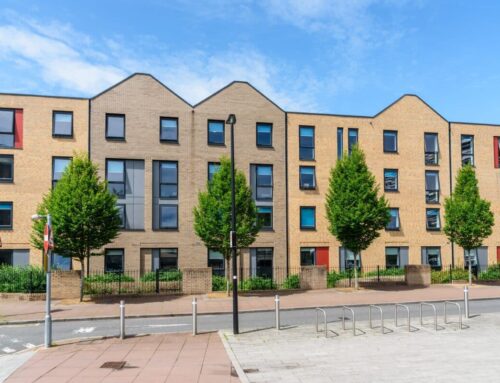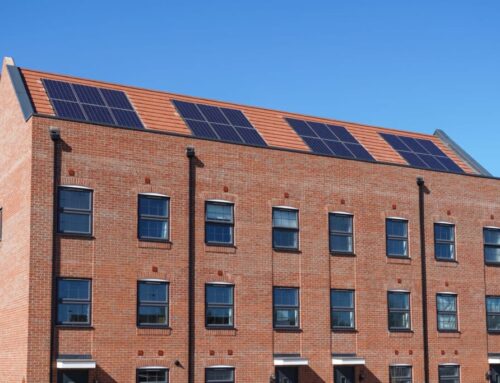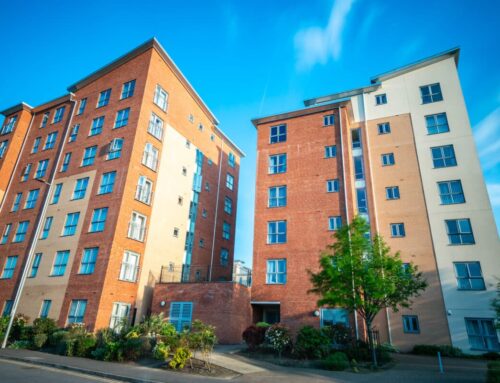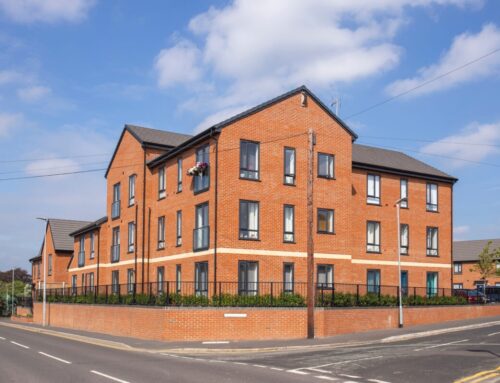Confused over apartment block management? Block in a Box can help. We provide a range of services for anyone who lives in or has responsibility for blocks of flats and apartments. Our experience and comprehensive approach mean we are especially qualified to offer assistance and advice in a wide range of areas, including legal matters.
The roots of land ownership laws in England go back many centuries, and the body of law we are left with today is very complex. This is why solicitors have to be involved whenever you buy or sell property. When we’re talking about blocks of flats or apartments, things get even more complicated. Who owns the land? Who owns the flats? And how far do each party’s areas of responsibility extend?
The first step to sorting out this issue is to understand the difference between leasehold and freehold. Freehold means complete ownership of an area of land. All the land in England is owned by someone, so to own a freehold, you must buy or inherit it. A ‘freehold property’ is one which is owned by the same person who owns the land on which it is built. Most properties in England are built on land which is leased from the freeholder. These are therefore ‘leasehold properties’, and anyone who buys them owns the building but NOT the land it is built on. When the lease on a parcel of land expires, the land and all properties on it technically become the property of the freeholder.
There are various ways the to define who is responsible for the management of the dwellings built on the land. If your block of flats is owned on a shared freehold basis, i.e. the ownership of the land they are built on is tied in with the ownership of the individual residences, a Freehold Management Company (FMC) will oversee the day to day running of the building. Each resident is therefore a leaseholder, company director and shareholder, although usually only certain directors will have a ‘hands on’ role.
More commonly, blocks of apartments are built on leased land. The terms of the lease will specify whether management of the property falls under the purview of the freeholder, the landlord (who may be the same person), or the residents. If it is the responsibility of the residents, a leasehold management company will allow these responsibilities to be addressed effectively. However, setting up a Residents’ Management Company (RMC) can be tricky; if you find yourself faced with this situation, it’s good to know you can call on Block in a Box to help you through the process.
In fact, our expertise doesn’t stop with legal support. We can also help with utilities, repairs, insurance, health and safety, and just about any other issue a flat owner or manager might face. To learn more about leasehold management companies or freehold management companies, contact our friendly and professional team today on 0333 0154 145.







Leave A Comment